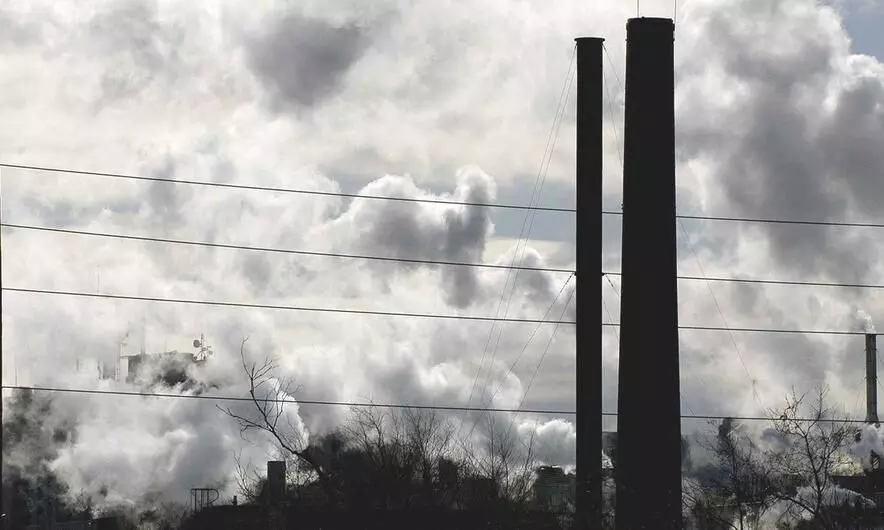
IEA urges countries to accelerate reduction of carbon emissions
text_fieldsThe International Energy Agency (IEA) has urged governments to accelerate clean energy transition technologies worldwide to play an outsized role in accelerating clean energy towards meeting international goals of reducing carbon emissions.
Though energy efficiency and renewables are central pillars, additional technologies are needed to achieve net-zero emissions. The power and heavy industry sectors together deliver 60 per cent of emissions at present and will hike to nearly 100 per cent in 2050 if no action is taken. A transition of the energy sector to net-zero carbon emissions by 2070 entails a radical technological conversion of the sector according to IEA.
Half of the cumulative CO2 savings can be contributed by four changes in existing technology, such as the development of sectors using electrical resources like advanced batteries; Carbon Capture, Utilization and Storage (CCUS); hydrogen and hydrogen-related fuels; and bio-energy.
Hydrogen and CCUS account for around half of cumulative emission reductions in the steel, cement, and chemicals sectors. IEA states hydrogen use will expand to all sectors and reach 13% in final energy demand in 2070. Modern bio-energy directly substitutes fossil fuels in areas like transport and offsets emissions indirectly through its combined use with carbon capture. The share of sustainable biomass in primary energy demand will double to 20% in 2070, while bio-energy provides 12 per cent of the cumulative emissions reductions.
The World Population Review shows ten countries as the largest emitters of carbon dioxide such as China, US, India, Russia, Japan, Germany, South Korea, Iran, Canada and KSA. Over the past 150 years, greenhouse gas emissions and atmospheric concentrations have increased. Several counties such as Japan, China, South Korea have all committed to net-zero by 2050, and half of the world's GDP has signed up to net zero. But how long will these pledges take to impose? Fulfilment of these targets will require dedicating more attention to the transport industry and building sectors as it accounts for more than 55 per cent of CO2 emissions in the atmosphere. The COVID-19 crisis bid an urgent action that could lift the economy while supporting clean energy and climate goals.
























